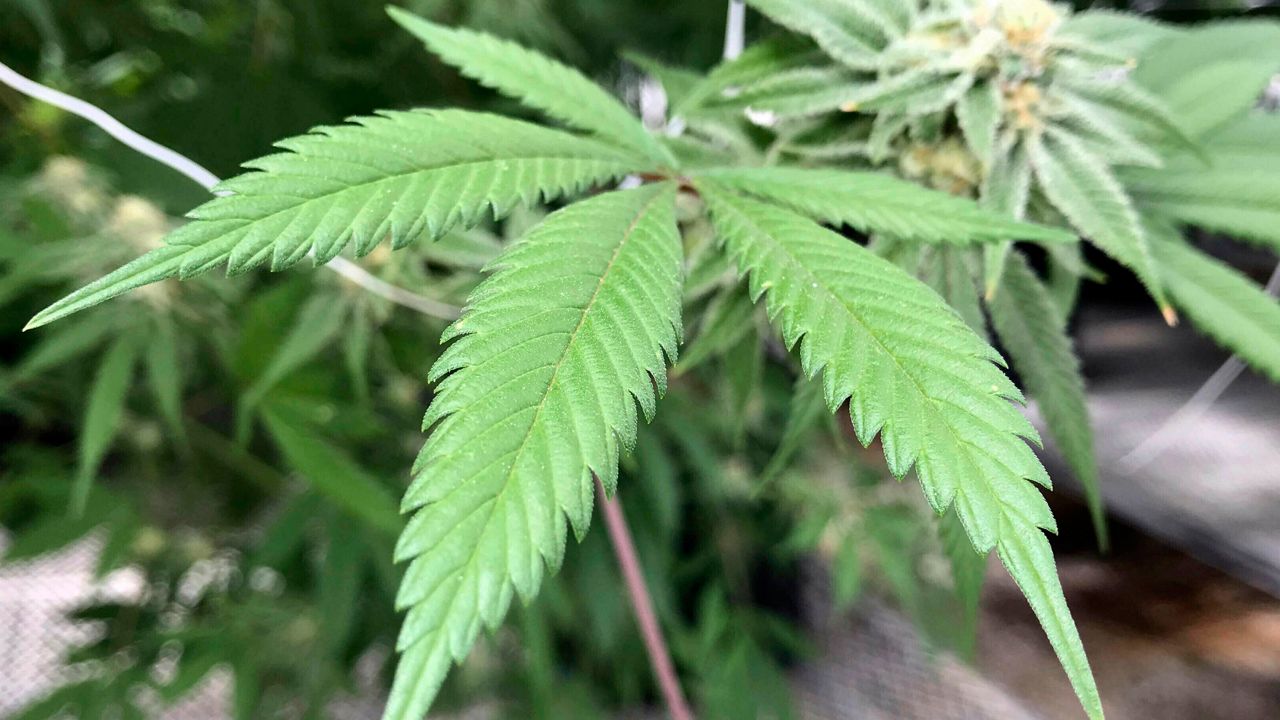Maine’s Office of Cannabis Policy is offering cities and towns that opted-in to the adult use cannabis market up to $20,000 to help cover the costs of regulating the businesses.
The plan is to help cover the costs of hiring attorneys, drafting ordinances, staff time and other expenses, while also providing an incentive to other municipalities to allow recreational sales.
“The reality is, no matter if a town has opted in or not, there is cannabis being bought, sold and consumed there,” Erik Gundersen, state cannabis office director, stated in a press release. “The most important thing we can do is try and ensure that Mainers who choose to use cannabis can do so in a well-regulated environment that safeguards public health and safety in the best way possible.”
Only about 7% of Maine’s cities and towns have opted in to the adult cannabis market. And the Maine Municipal Association says that the incentive money doesn’t go nearly as far as necessary to help cities and towns who have chosen to allow adult cannabis sales.
“Communities that are playing host to the industry wanted more,” Kate Dufour, director of Advocacy and Communications, said. “We wanted a percentage of the take to go back to the communities.”
That would have come in the form of enhanced revenue sharing for participating communities, she said. Instead, the compromise was offering $20,000 in reimbursement funds, something Dufour described as “cold comfort.” And she doubts the reimbursement money will convince towns that haven’t already, to opt in.
“I think communities have made up their minds,” she said. “They are either in or out.”
Maine runs two separate yet similar cannabis programs. One is for medical use in which registered caregivers grow cannabis for patients. As of July 31, there were 2,705 registered caregivers in Maine and that month, 9,558 patient certificates were issued, according to the state cannabis office.
The other is the adult-use program. In July, sales totaled $16.3 million with 247,401 transactions. So far this year, sales have topped $81 million with more than 1.2 million transactions, according to state data.




